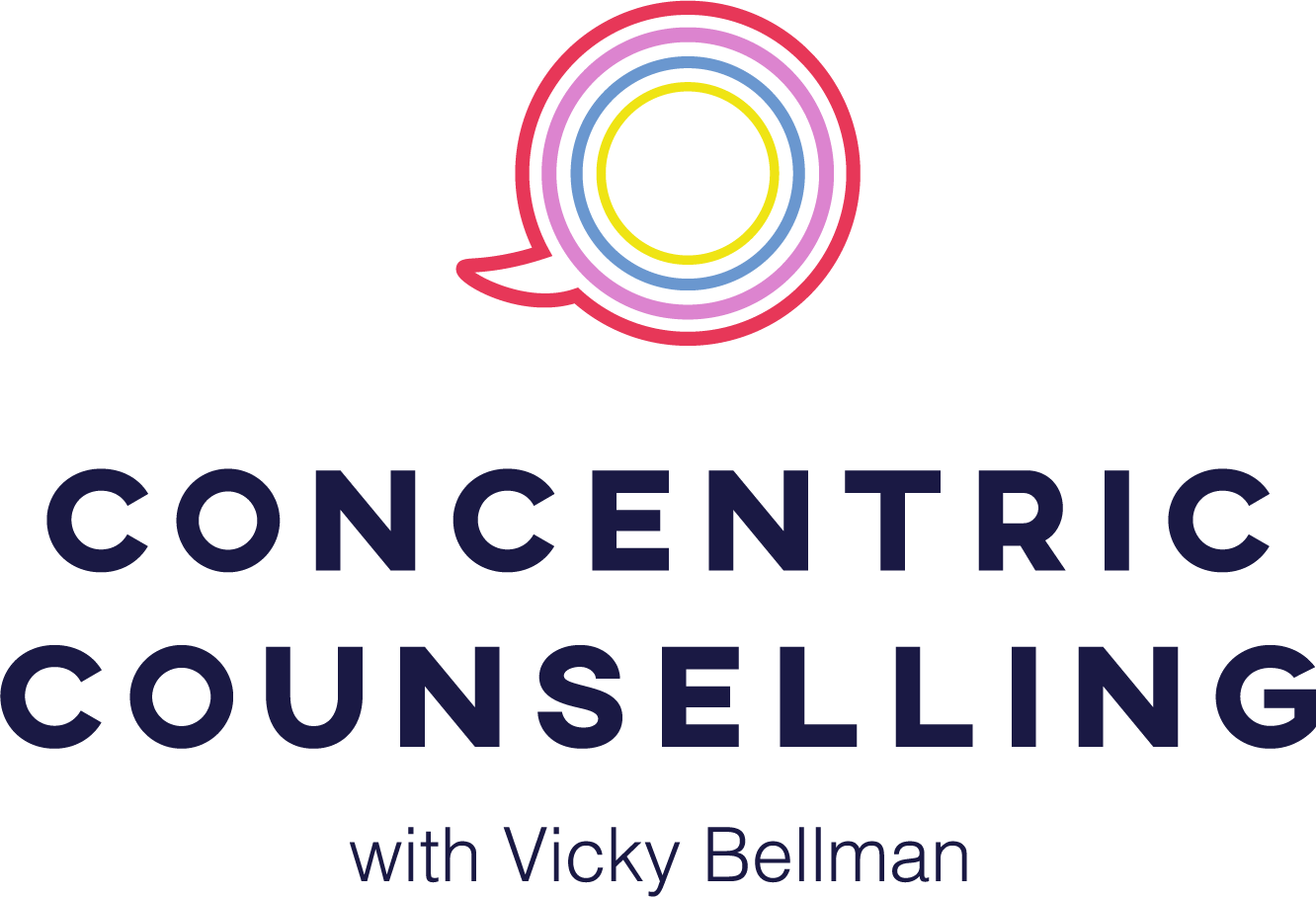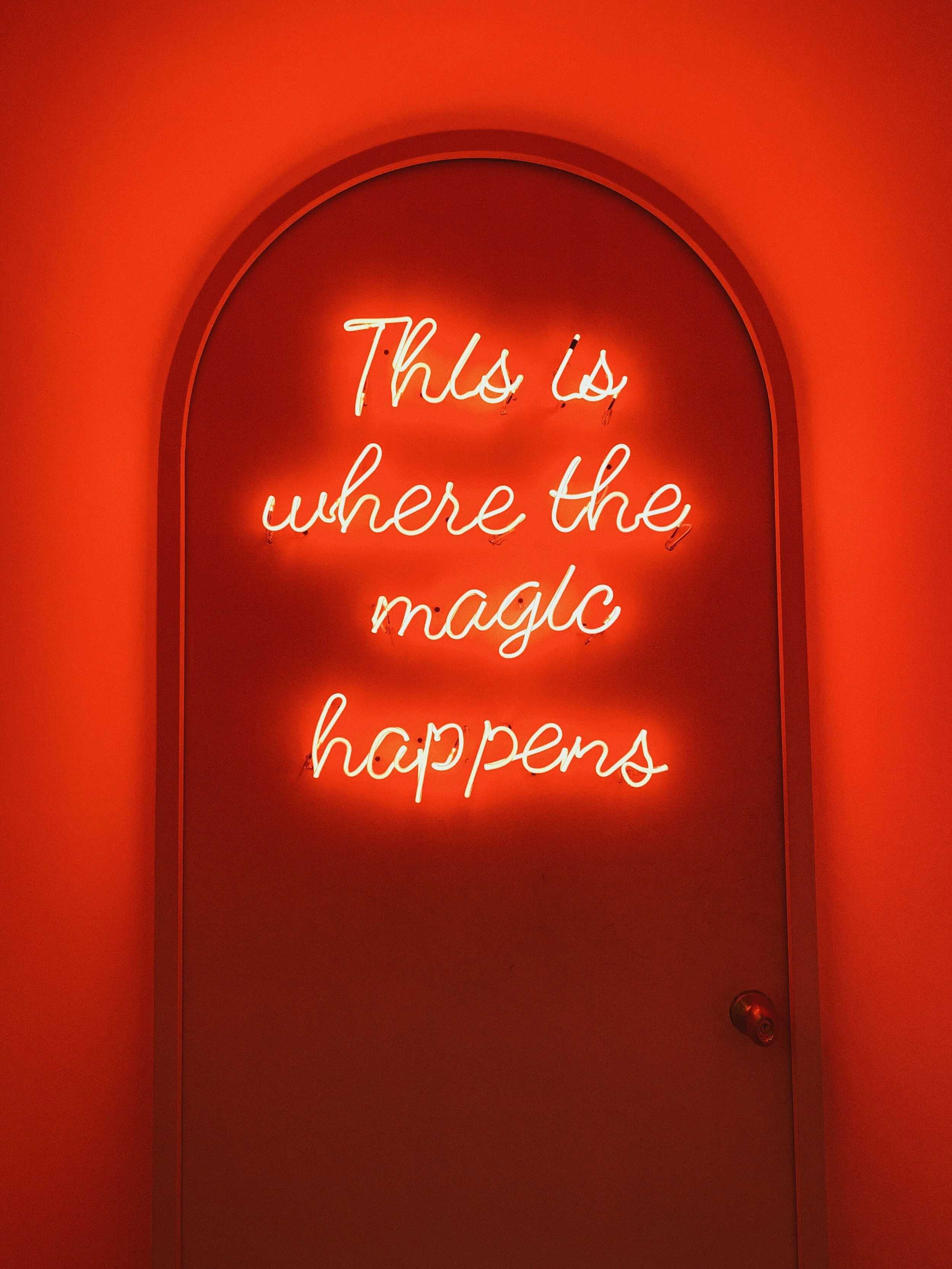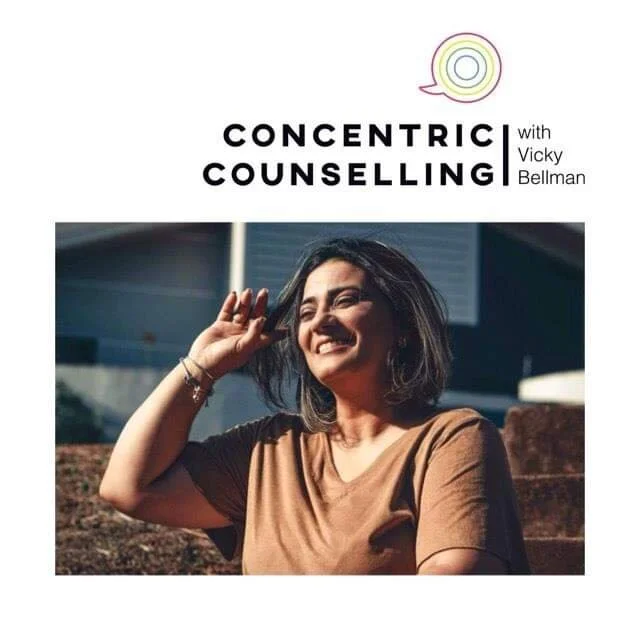Why self compassion won't make you complacent
These are hard times at the moment. As I sit down to write this, we’re partway through another national lockdown. We’re tired, stressed, touch starved; all feeling isolated and connected in this collective acute stress response. It is a time of trauma, uncertainty, heightened anxiety, worry, grief and loss.
In short, we’re having a super hard time.
But here’s what I notice... so many people are having a hard time, and then giving themselves a hard time, if they are performing at less than maximum competency. I’ve seen very little collective or individual comfort allowance from or for people in these extraordinary circumstances – rather than considering the context of our current circumstances and opening up our margin of comfort a little bit, we seem to be expecting ‘business as usual’ from ourselves.
It’s understandable, of course. Successes, achievements and mini-wins all give us a little natural chemical high – releasing the giddy good-time neurotranmitter, dopamine. And it’s no wonder that now, more than ever, we are seeking out opportunities to release a bit of that catnip feeling. The issue comes when we then beat ourselves up when we don’t achieve our aims; when we have a hard time, and then give ourselves a hard time. That’s going to hobble any chance we had to get our dopamine hit. As is often the case, the issue isn’t the issue – it's our response to the issue that matters!
And, somewhere along the line over the last couple of months, I heard someone muse ‘I’m worried that if I don’t give myself a hard time, I’ll get complacent’. I’m worried that I will not get the best of myself if I go easy on myself. And, as today is National Kindness Day, I thought it was the best time to address this and reassure you all: self compassion won’t make you complacent. When we talk to ourselves kindly, which includes having good boundaries and a caring tone, we can actually get the best of ourselves – guiding ourselves with respect, encouragement and no small amount of cheerleading.
Self criticism can often be a trauma response; intended to illicit the best of ourselves, to be able to fight (whatever the threat may be) with all the strength we have. We are, fundamentally, equilibrium seeking beings – always trying to right ourselves when we feel wobbly. And, even if it sometimes appears to be dysfunctional, self criticism can feel like our best attempt to push ourselves through trying times – to summon up the energy and resolve to make it through this infection assault course. Self criticism is an attempt to make ourselves perfect, bullet proof, immune – and it doesn’t take a rocket scientist to understand why some of us might be attempting to create a bit of a Superhuman feeling inside ourselves at the moment.
The problem with self-criticism is that it attempts to break every nut with a hammer. Where sometimes constructive criticism is necessary to get people and projects back on track, it loses its potency and efficacy when it becomes a tool used in every circumstance. And at what cost? Without ‘reading the room’ and judging the current circumstances, it loses nuance and actually increases feelings of fragility and vulnerability; little micro-blows we level at ourselves, leaving emotional bruises and grazes each time. Self-criticism may increase work levels but it dismisses our circumstances, lowers our mood and motivation, hurts our own feelings, and can cause feelings of worthlessness and helplessness. In a counter-productive, self criticism often creates what it is attempting to control.
Self criticism is not ‘your inner bitch’
I remember reading a meme once that said, ‘when you hear your inner critic begin to talk, tell that bitch to take a seat and shut up!’. And I was HEARTBROKEN, because here’s how I see that going:
Person has a hard time —-> person gives themselves a hard time —-> person gives themselves a hard time for giving themselves a hard time
It can feel compelling to want to cast our inner critic out – to eliminate her, to see her a trouble-making cow who only says mean things and holds us back. But I believe emphatically, and I see again and again, that the most powerful kindness we can extend is to our most wounded parts.
Our inner critic is functional. Like most behaviours and thought patterns, self criticism is developed because we think, at the time, that it is the best survival move we can make in that moment. Often out of awareness, and often without great sophistication, we develop our inner critic to try and keep us safe from harm – to limit the potential for criticism for others and, ultimately, from rejection. She is there, fundamentally, for safety – to try and keep us tethered to our groups and keep us safe. Our inner critic is a deep down part of ourselves, a safety seeking part... and often we meet her with shame, disgust and disdain. Whilst we often see this part of ourselves as hard and hostile, she is developed for protection and shielding.
And when we start to understand the reason for this challenging part of ourselves, we can begin to empathise with them too – we can even begin, perhaps, to invite her in. How revolutionary it would be if we could ask our inner critic, ‘what is it you want?’, and then listen, and respond with kindness. How soothed might that little shadowy trouble-making part of ourselves be if they received kindness not judgment? And how could we then start to meet her needs with a gentle tone, firm boundaries and a compassionate intention, rather than piling more shame and rejection into this internal dialogue? How can we create some internal rules of engagement for inner dialogue – like an admin in our own little social media group, for example, to ensure that the group rules are being followed?
Start with the basics
Self compassion goddess, Dr Kristin Neff, identifies three principal elements in cultivating a more self compassionate response to ourselves: mindfulness, an understanding of common humanity, and connection. And, again, it’s so clear how that can be harder to do in the midst of a global crisis, when we’re struggling to stay in the moment, we’re cut off from each other, and missing our usual opportunities to feel united with others. Still, being aware of these three foundations is more important than ever, and we can work on building these elements into our day in small and manageable ways.
MINDFULNESS – it can be tempting to multi-task at the moment, but look for ways to focus on one thing at a time. Incorporating mindful activities such as paint by numbers, jigsaws, knitting, and colouring books into your day are useful ways to stay in the moment.
Practice fully experiencing, for example, when you wash your teeth – notice your feet on the floor, the feel of your clothes on your body, and your sensory responses – how does the toothbrush feel in your hand, how does the toothpaste smell and taste, how do the bubbles and bristles feel upon your teeth? You can do the same thing when you’re washing your hands.
These are small, ‘on the go’ opportunities to stop and be in your body, rather than thinking, thinking, thinking of the next thing on your list. If you notice your mind wander, no need to chastise yourself – just gently invite yourself to recommit to noticing your experience, and carry on.
“Mindfulness is an act of hospitality”
COMMON HUMANITY – remember that perfectionism and superhero feeling I spoke about earlier? It feels like it does us good to set ourselves apart from others, being perfect and above reproach, but in reality it damages our ability to benefit from one of our most powerful antidotes to stress and self criticism – the feeling of unity with others. We’re all human, all flawed, all messy-wonderful. And whilst, in the past, it might have been useful to avoid comfort and self compassion to protect ourselves from the judgment of others, you can choose to cultivate a different, more loving, more accepting environment, inside yourself now.
You are as deserving of inherent worth, of rest and comfort, as anyone else in the world. Treating yourself as you would imagine treating a best friend, stranger on a park bench, or little child, is a great start – you already extend respect and compassion to others, practice allowing yourself the same conditions.
CONNECTION – it's not easy to find opportunities for connection at the moment – we feel very isolated and cut off from each other. Phone calls, Zoom meetings and WhatsApps still offer opportunities for social connection, and that lovely connected ‘we-feeling’, from which we all so benefit. Seeking out opportunities to connect with kind and like-minded people, digitally and virtually, offers some antidote to isolation and increasing negative self talk.
A mantra for these times
Developing a self compassionate tone is a journey, not a destination – think of it as a practice, like yoga, or prayer, or playing an instrument. And it’s not a linear path – we can often fall off and become more critical if we have a flare of stress around us or in us. In these times, when we notice we have fallen into old negative self talk patterns, a gentle affirmative mantra can be useful to get ourselves re-focused. The same words each time, repeated until it becomes an automatic prompt. What will you say to yourself? When you are having a hard time, why do you need to say to yourself? What does your most anxious and wounded part need to hear, in the here and now, to begin to re-establish a feeling of safety?
For now, you can borrow this one:
I’m having a hard time, I don’t have to give myself a hard time. I allow myself kindness and comfort.











